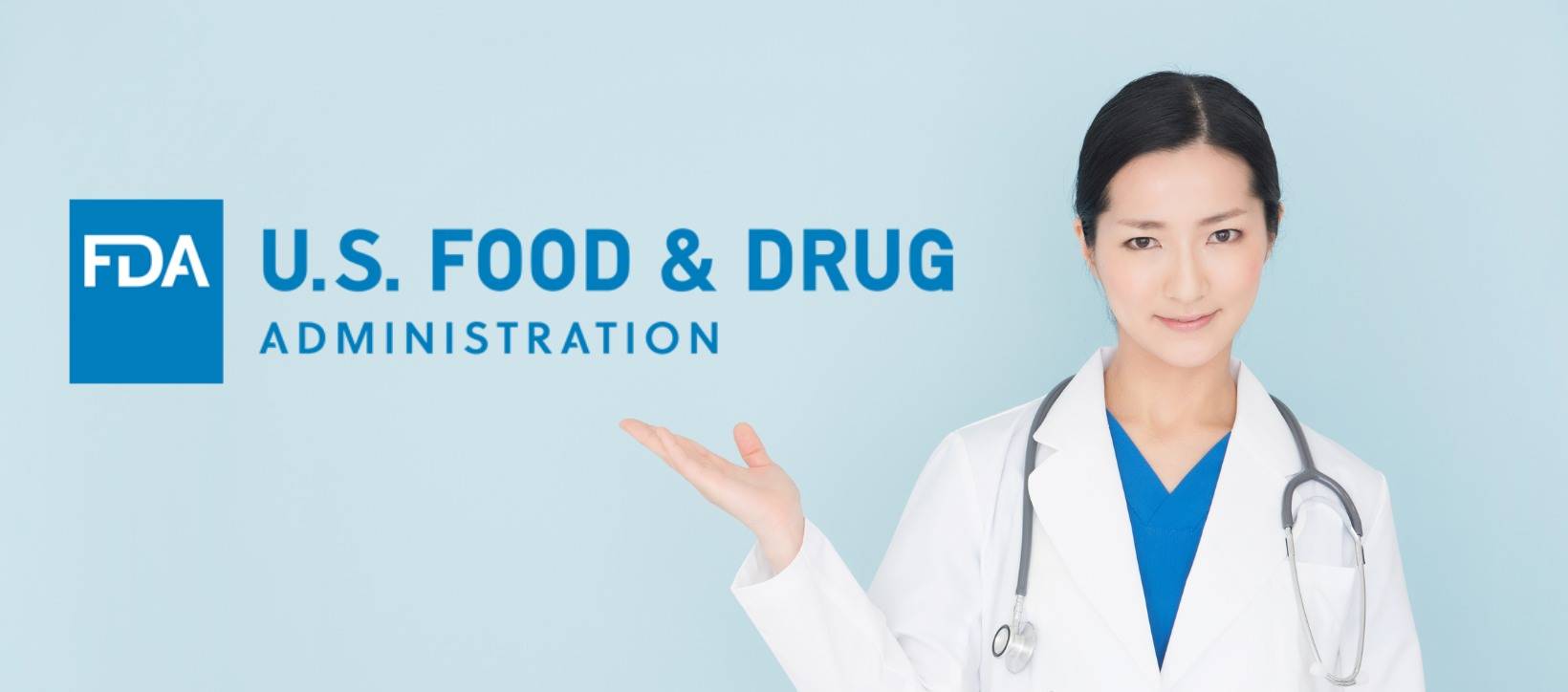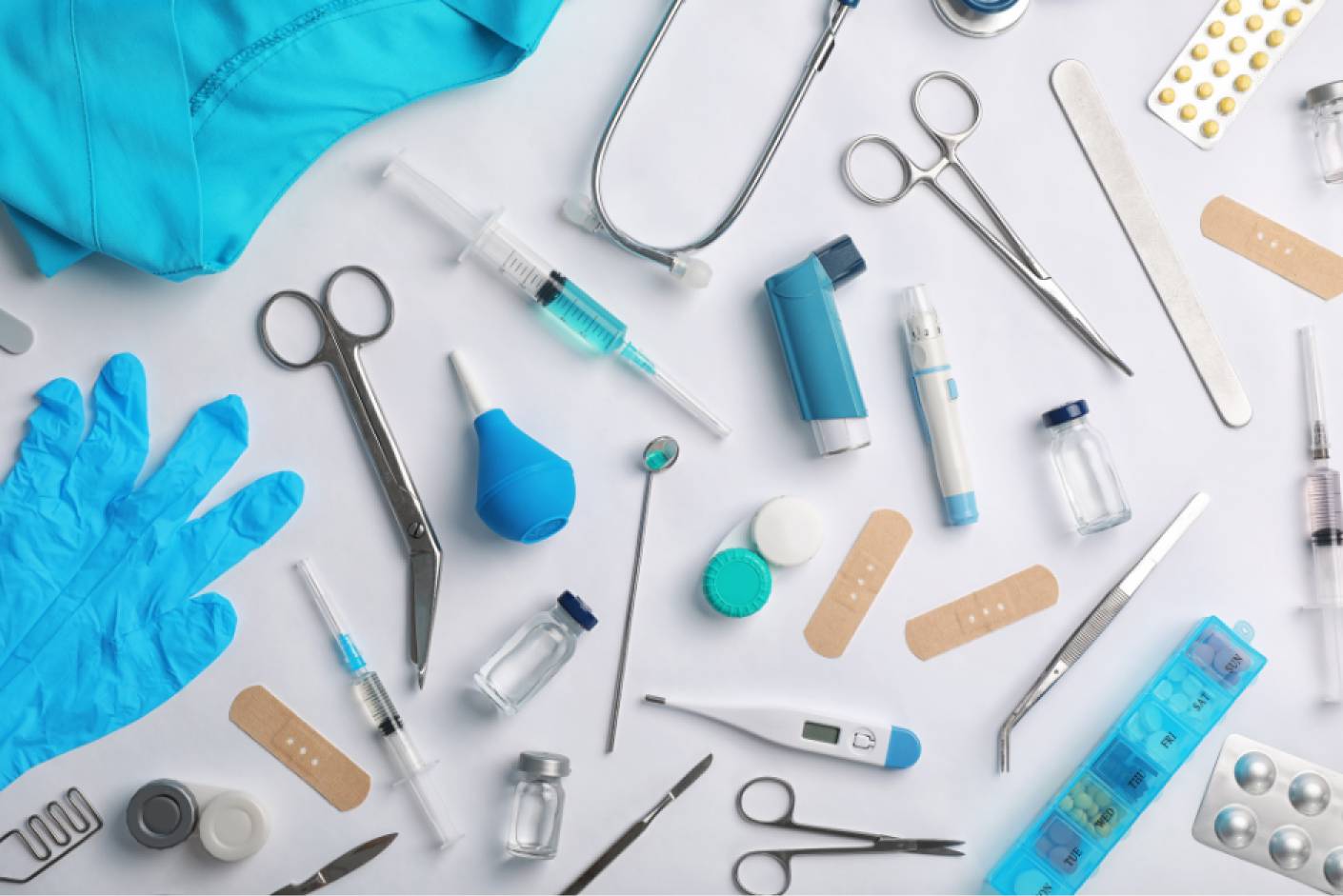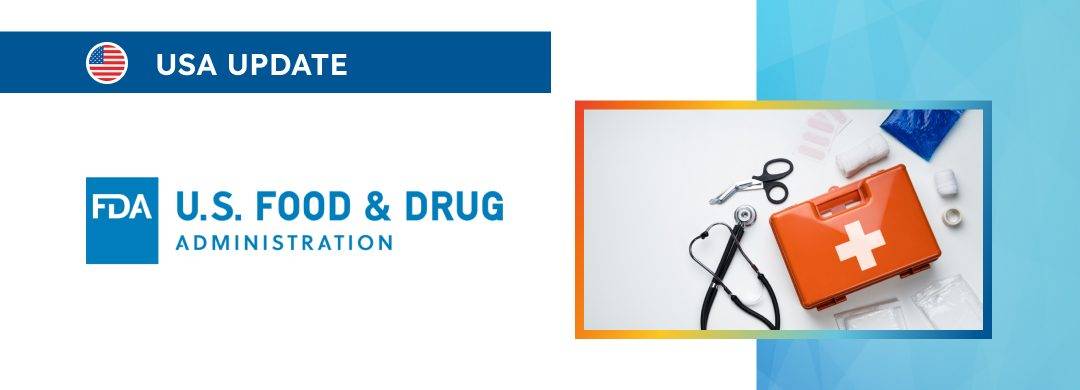The present article describes in detail the policy followed by the authority concerning specific supplements.

Table of content
The Food and Drug Administration (FDA or the Agency), the US regulating authority in the sphere of healthcare products, has published a guidance document dedicated to the enforcement policy for certain supplements for approved Premarket Approval (PMA) or Humanitarian Device Exemption (HDE) submissions.
The document provides an overview of the applicable regulatory requirements, as well as additional clarifications and recommendations to be taken into consideration by medical device manufacturers and other parties involved to ensure compliance thereto.
At the same time, provisions of the guidance are non-binding in their legal nature, nor are they intended to introduce new rules or impose new obligations.
Moreover, the authority explicitly states that an alternative approach could be applied, provided such an approach is in line with the existing legal framework and has been agreed with the authority in advance.
Key Concepts
According to the guidance, the authority has issued a policy aimed at ensuring the continued availability of medical devices amidst the challenges posed by the COVID-19 pandemic.
This policy primarily applies to exercising enforcement discretion on certain regulatory requirements when manufacturers need to modify medical devices due to manufacturing limitations, supply chain disruptions, or potential shortages.
Specifically, the FDA will not object to modifications in the manufacturing of devices approved through the Pre-Market Approval (PMA) or Humanitarian Device Exemption (HDE) programs without the usual requirement of prior submission of a PMA or HDE supplement.
This applies when the modifications are necessary to address manufacturing limitations or supply chain issues and do not compromise the device’s safety or performance.
Changes that could typically require a new supplement submission, such as alterations to design specifications or components, are also covered under this policy, provided they are limited and retrospectively reported in the next periodic report.

Permitted Modifications
According to the guidance, examples of acceptable modifications under this policy include:
- Component and Device Material Changes
These include changes due to supply interruptions or necessary software or firmware modifications.
For instance, replacing microchips or other components that meet or exceed original specifications, or making material changes that do not affect the device’s contact with tissue and maintain performance standards.
- Manufacturing Procedures or Methods of Manufacture
This encompasses supplier changes to maintain manufacturing continuity, equipment changes or moves within the same facility, modifications to support social distancing, automation of verified processes, and capacity enhancements. - Site-Changes
Shifting manufacturing to alternative sites with a proven history of good manufacturing practices (GMP) is allowed.
Such sites must comply with relevant regulations, have no significant negative inspection history, recall history, or regulatory misconduct, and preferably be part of the Case for Quality Voluntary Improvement Program.
At the same time, the authority explicitly states, that the present policy does not cover changes that alter the device’s intended use, labelling unrelated to the modifications, sterility assurance level, sterilization method, or any change that reduces quality control testing or affects the device’s performance due to reasons other than component unavailability.
The said changes would more likely require additional submissions due to the significance of the impact they could have on the safety and proper performance of the device in question.
Furthermore, medical device manufacturers must still comply with relevant CFR regulations, document all changes in their records, and make this information available to the FDA upon request.
The FDA will continue to make case-by-case decisions regarding the enforcement of legal requirements in response to specific changes to a device.
Conclusion
In summary, the present policy reflects the FDA’s commitment to maintaining the supply and safety of medical devices during challenging times, ensuring that necessary modifications do not face regulatory delays while still maintaining compliance with the relevant safety and performance standards.
How Can RegDesk Help?
RegDesk is a holistic Regulatory Information Management System that provides medical device and pharma companies with regulatory intelligence for over 120 markets worldwide. It can help you prepare and publish global applications, manage standards, run change assessments, and obtain real-time alerts on regulatory changes through a centralized platform. Our clients also have access to our network of over 4000 compliance experts worldwide to obtain verification on critical questions. Global expansion has never been this simple.

